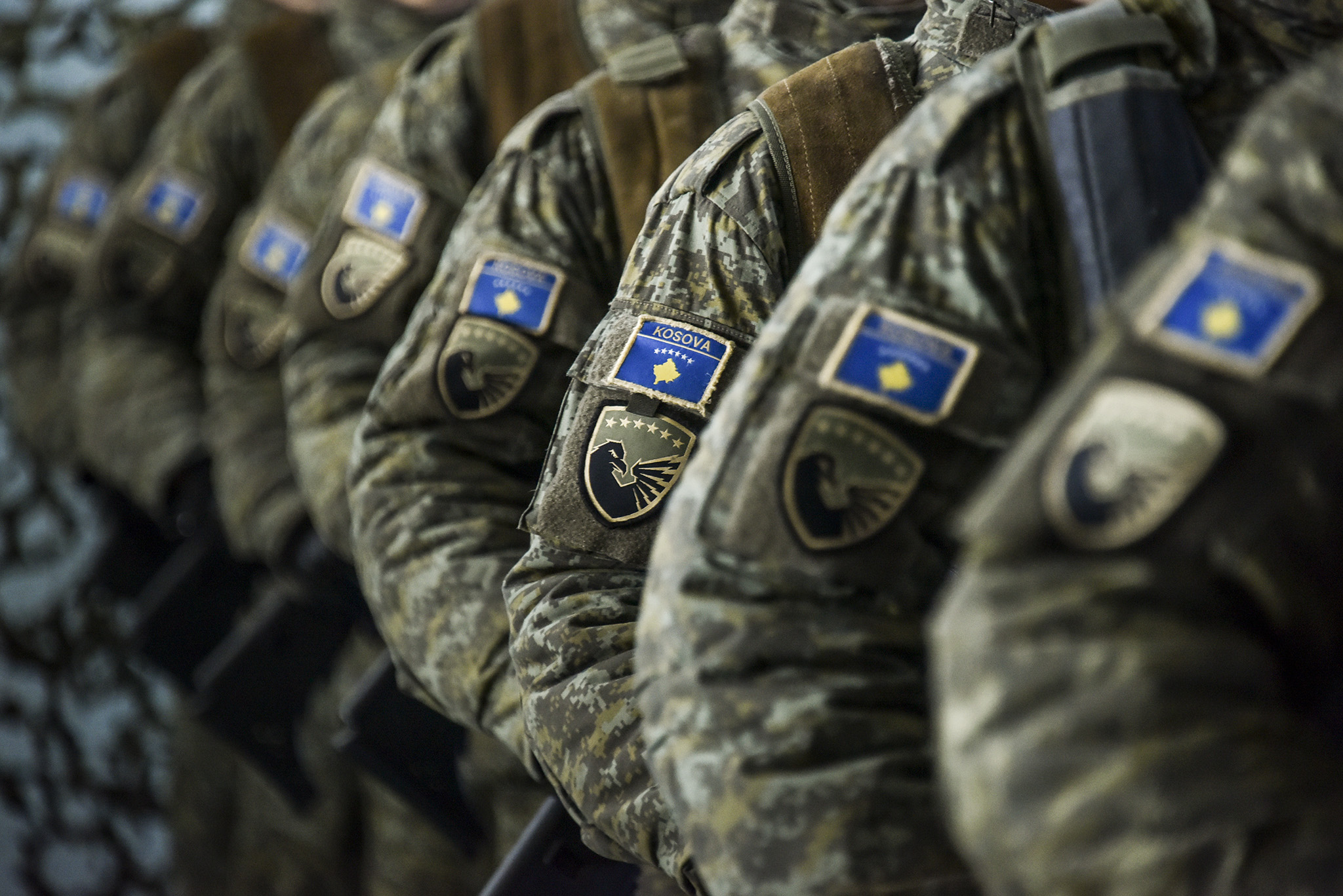Kurti accuses Serbia of provocation amid scandal in Kosovo Security Forces

Photo: Kosovo Security Forces
Kosovo’s Prime Minister, Albin Kurti, accused Serbia of provocative military actions near the Kosovo border late last night. He warned of heightened tensions in the region and boasted about Kosovo’s ability to face any threats in cooperation with its allies. However, his strong rhetoric about Kosovo’s preparedness comes hot in the heels of a scandal involving the inability of the Kosovo Security Forces (FSK) to provide food for its troops.
Why is this important: While Kurti emphasized Kosovo’s readiness to confront external threats, internal problems within the FSK cast doubt on the true state of the country’s defense capabilities which are very modest to begin with. The ongoing scandal regarding food supplies and mismanagement within the FSK brings into question whether Kosovo’s security infrastructure is as robust as the prime minister claims.
Kurti’s response to Serbian actions: Kurti took to social media late Saturday night, accusing Serbian forces of moving troops dangerously close to the Kosovo border near Kamenica. “Serbia provoked once again, bringing its troops within 50 meters of our border,” Kurti said, adding that Kosovo’s security forces detected the movement immediately, prompting the Serbian troops to retreat.
In his statement, Kurti stressed that Kosovo’s security forces are fully prepared to respond to any threats. “We have made unprecedented investments in intelligence, security, and defense. Our institutions are ready to prevent any attempt to undermine Kosovo’s territorial integrity and sovereignty,” he declared, further emphasizing the coordination between Kosovo’s security structures and its international allies.
FSK scandal raises questions about readiness: Kurti’s statements, however, come at a time when the FSK is embroiled in a scandal that raises concerns about the very preparedness he boasts of. Recent reports of mismanagement within the FSK, specifically related to poor food supply conditions for soldiers, have sparked public and political outcry.
President Vjosa Osmani has requested an urgent report from FSK commander Lieutenant General Bashkim Jashari after it was revealed that unsanitary conditions in the military’s food supply could put soldiers at risk of illness.
Former Defense Minister Anton Quni, now deputy leader of the Democratic League of Kosovo (LDK), criticized the government for negligence, calling the situation “alarming.” Quni highlighted the risk of food poisoning for soldiers, arguing that the government has failed in its basic responsibility to maintain the welfare of the armed forces. He also pointed out that Commander Jashari had threatened to halt all military activities if the situation does not improve soon.
Despite assurances from the Ministry of Defense that the issue will be resolved within 45 days, the incident has raised serious doubts about the FSK’s operational capacity and overall readiness.
Discrepancy between rhetoric and reality: Kurti’s bold statements about his investments in Kosovo’s security forces stand in stark contrast to the internal dysfunction revealed by the FSK scandal. While the prime minister speaks of Kosovo’s ability to counter Serbian provocations, the unresolved issues within the security forces suggest that Kosovo may not be as prepared as he claims. Kosovo’s burgeoning military is quite modest compared to the Serb military machine. It relies heavily on its Western allies and the NATO-led Kosovo Force, or KFOR, for its security. However, the food supply scandal has exposed even bigger problems with the Security Force, calling into question the effectiveness of the Kurti Government’s investment in defense.


